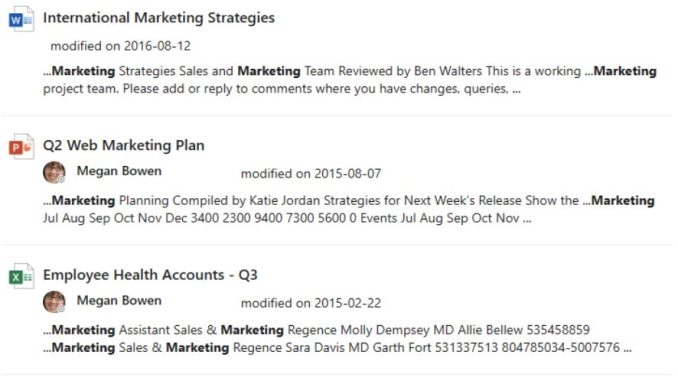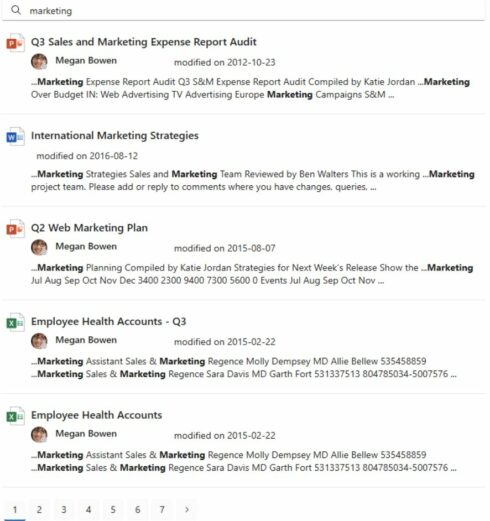


Microsoft announced the general availability of Microsoft Graph Toolkit v4.0, which includes improvements to the developer experience and bug fixes that will be appreciated by end-users.
The Microsoft Graph Toolkit users can now directly edit To Do items, view colleagues’ presence and profiles through the people picker, and benefit from the general availability of search components that are now fully supported. These updates aim to streamline tasks and improve interactions within the Microsoft ecosystem.
The toolkit’s evolution reflects Microsoft’s commitment to responding to feedback from the developer community and partners, with the latest version focusing on enriching the developer experience, according to Microsoft in a blog post. The main areas of investment for this release were performance and convenience, indicating a deliberate effort to optimize the toolkit’s efficiency and ease of use for developers working on integrating Microsoft Graph functionalities into their applications.
For those unfamiliar, the Microsoft Graph Toolkit is a versatile collection of framework-agnostic components and authentication providers designed for seamless integration with Microsoft Graph, which is a platform for connecting different Microsoft 365 services and data. These components are customizable, functional out-of-the-box, and compatible with any web framework and modern browsers.
A significant update involves the transition to the latest version of the underlying Lit framework, which introduces asynchronous rendering. This change allows components to be more efficient in managing their state and minimizes unnecessary re-rendering, thereby optimizing memory usage and processing cycles for the rest of the webpage.
Another improvement is the introduction of explicit registration for the toolkit’s components. This method ensures that only components that are actively used in a project are included in the final bundle, significantly reducing its size. This approach not only trims down the unnecessary bulk from applications but also enhances load times and overall performance. Despite the extra step this might pose for developers during setup, the benefit of a streamlined, more efficient bundle is expected to substantially improve the end-user experience, demonstrating a thoughtful balance between developer convenience and application performance.
Microsoft encourages new users to explore the toolkit’s capabilities through its comprehensive documentation and getting started guides.

